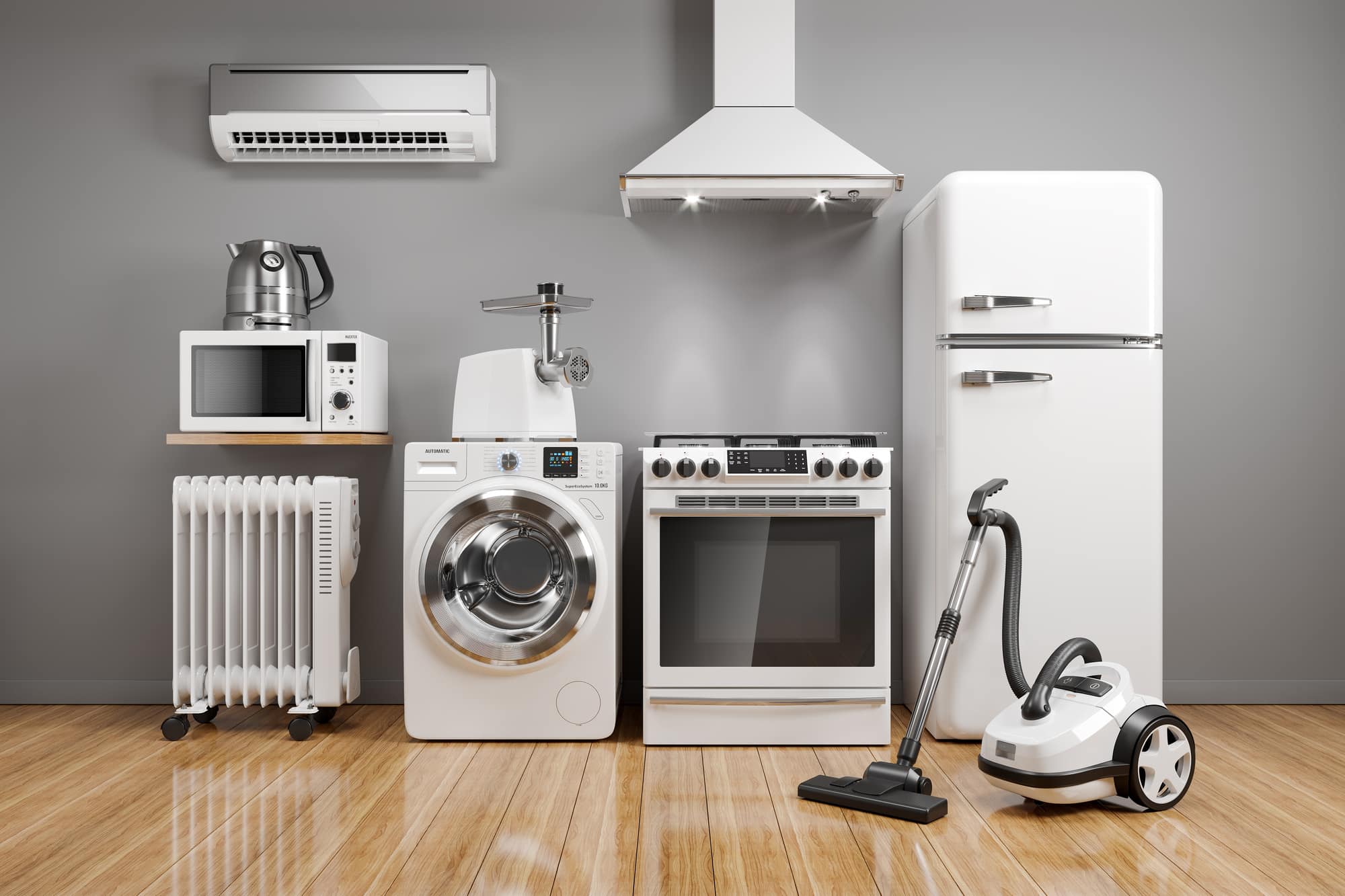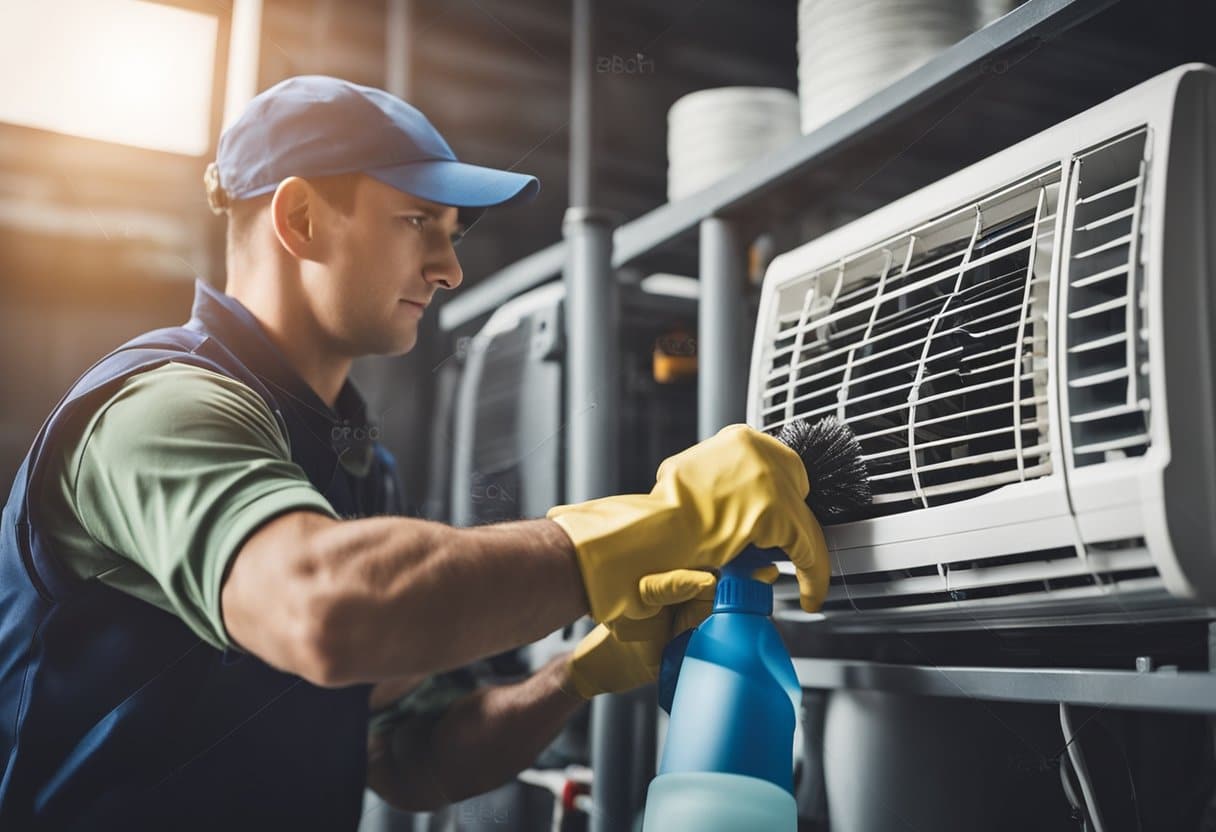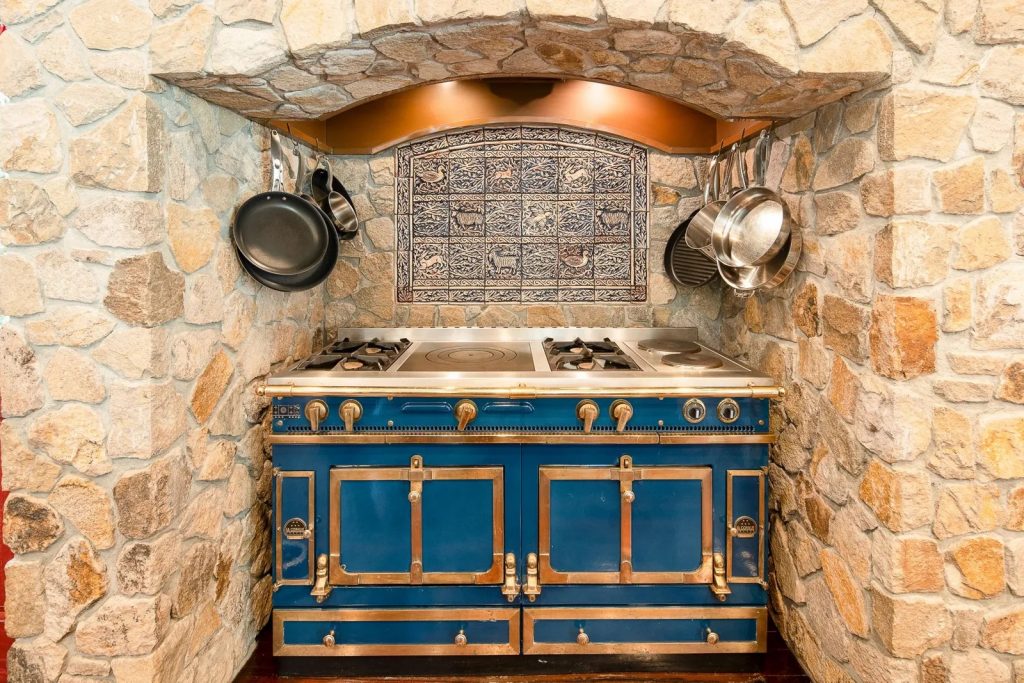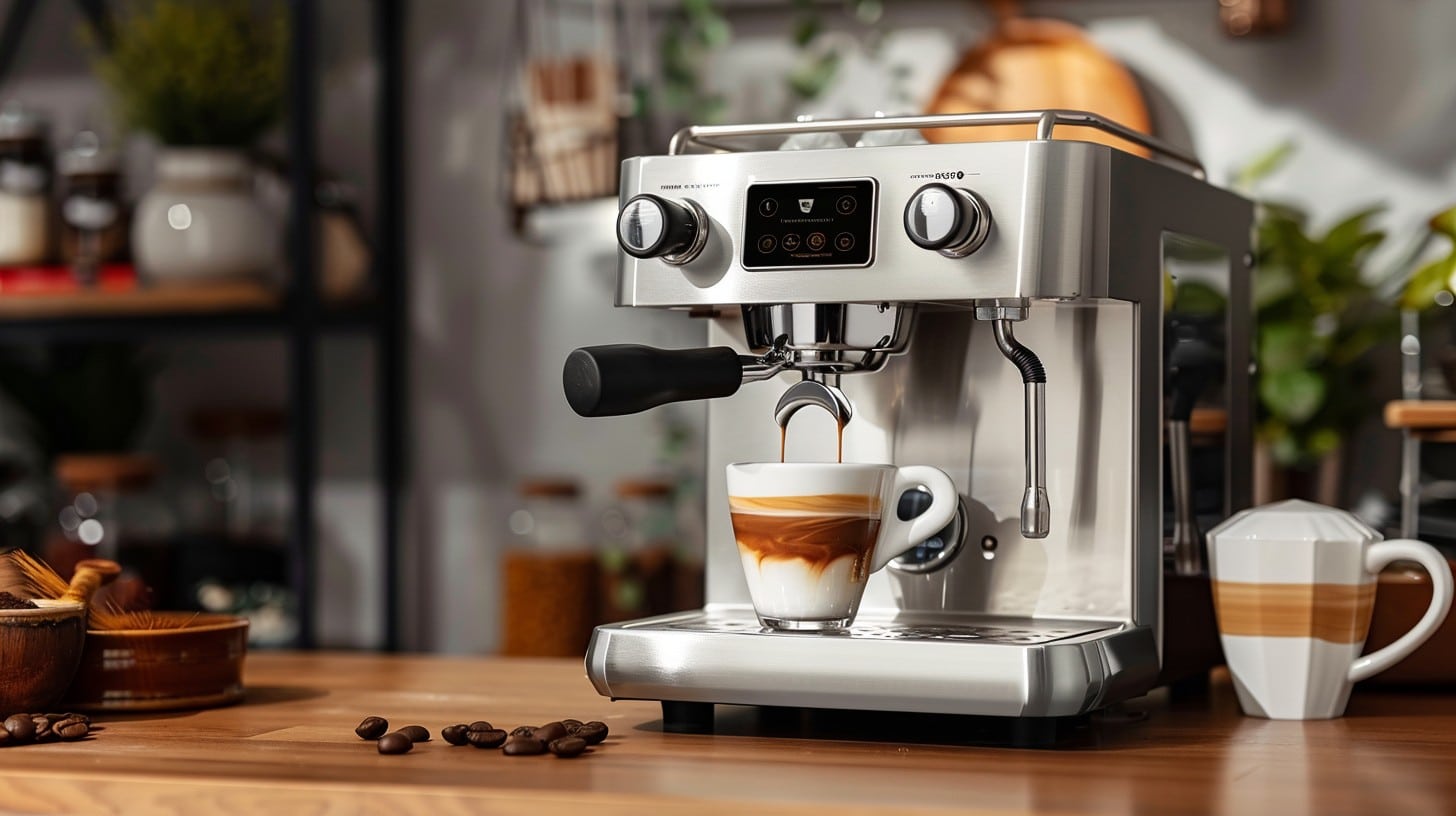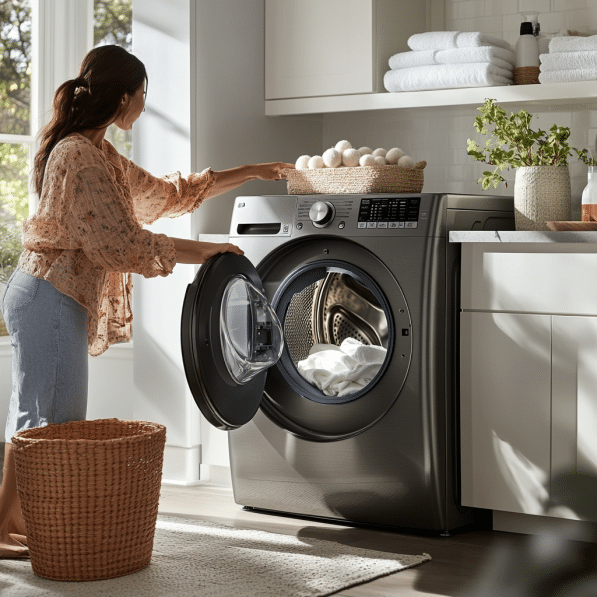Comparing Electric Motors: What To Know When Upgrading Your Home Appliances
When considering an upgrade for home appliances, the electric motor within each device plays a pivotal role in determining its efficiency, durability, and overall performance.
From refrigerators and washing machines to air conditioners and dishwashers, the type of electric motor can significantly affect how well the appliance meets your needs. Understanding the key factors involved in comparing electric motors will help make informed decisions that can lead to savings on energy bills and a reduced environmental footprint.
Understanding Electric Motors In Appliances
Electric motors are at the heart of many home appliances, converting electrical energy into mechanical action. The performance of these motors significantly affects how efficiently appliances operate. As technology advances, motors have become more efficient, quieter, and more reliable, contributing to the overall improvement of household appliances.
Key Factors To Consider
When upgrading appliances, consider these factors to ensure the new product has a motor suited to your needs:
- Energy efficiency: Look for appliances with high energy efficiency ratings. Efficient motors use less electricity to achieve the same level of performance, saving money over time.
- Durability: Appliances with high-quality motors tend to have a longer lifespan, reducing the need for frequent replacements.
- Noise Level: Choose appliances with motors designed to operate quietly for a more comfortable living environment.
- Maintenance Requirements: Some motors, like brushless DC motors, require less maintenance, offering convenience and savings on upkeep.
BCB Sales offers a range of advanced electric motors designed for efficiency and reliability. With these factors in mind, their selection can provide a good starting point for those looking to upgrade their home appliances.
Types Of Electric Motors Used In Home Appliances
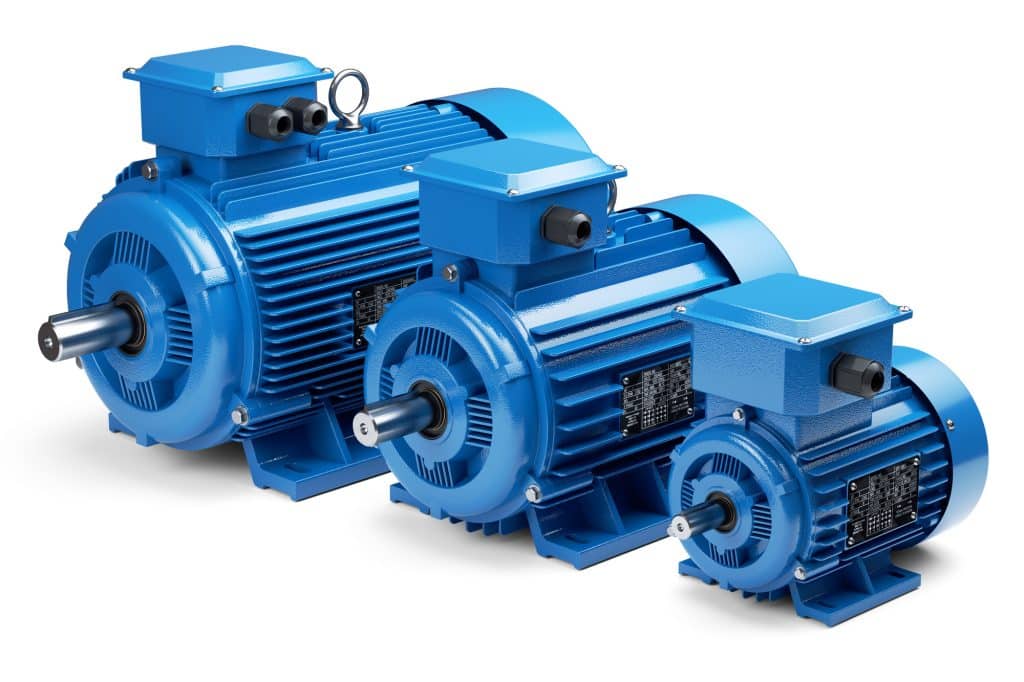
Several types of electric motors are commonly found in home appliances:
- AC (Alternating Current) Motors: Widely used in large household appliances like air conditioners, refrigerators, and washing machines due to their durability and efficiency.
- DC (Direct Current) Motors: Often found in battery-powered or portable devices. They are known for their high efficiency and control over various speeds.
- Brushless Motors: A type of DC motor that offers improved efficiency and longevity. These are increasingly popular in modern appliances for their quiet operation and lower maintenance needs.
Comparing Motor Technologies
To choose the right appliance, it’s essential to compare the motor technologies available:
- AC vs. DC Motors: AC motors are robust and suited for high-power applications, while DC motors offer more precise control and higher efficiency for smaller appliances.
- Standards vs. Brushless Motors: Brushless motors provide a significant advantage in efficiency, noise reduction, and longevity compared to standard motors with brushes.
Upgrading Your Home Appliances
When upgrading, consider the appliance’s role in your home and the benefits of the motor technology it uses:
- Refrigerators And Freezers: Look for models with energy-efficient motors that can handle constant use without excessive noise.
- Washing Machines And Dryers: Efficiency and durability are key. Brushless motors are often preferred for their quiet operation.
- Air Conditioners: An efficient motor can significantly reduce energy consumption, which is especially important for devices that run for extended periods.
- Kitchen Appliances: For mixers, blenders, and other small appliances, consider the control and efficiency offered by advanced DC motors.
Making The Right Choice
Choosing the right appliances involves balancing your immediate needs with long-term efficiency and cost-saving. Consider the following steps to ensure a wise investment:
- Identify Your Needs: Assess which appliances require upgrading and your priorities (e.g., energy efficiency, noise level).
- Research And Compare: Look into different models and motor technologies. BCB Sales and other retailers can provide detailed comparisons.
- Check Reviews And Settings: User reviews and professional ratings can offer insights into the appliance’s performance and reliability.
- Consider The Total Cost: Factor in the purchase price, expected lifespan, maintenance costs, and potential energy savings when deciding.
Tips For A Sustainable Upgrade
To ensure that your upgrade to more efficient appliances is as beneficial as possible, consider these additional tips:
- Recycle Old Appliances: When upgrading, ensure your old appliances are disposed of properly. Many retailers and local waste management services offer recycling programs.
- Buy What You Need: it’s tempting to opt for the biggest or most feature-rich model, but choosing an appliance that fits your needs can save energy and money. For example, a smaller refrigerator or a washing machine with a just-right capacity can reduce unnecessary power usage.
- Installation And Maintenance: Proper installation and regular maintenance are crucial for running your appliances efficiently. Follow the manufacturer’s instructions for installation and upkeep to ensure optimal performance.
Final Thoughts
The Choice to upgrade home appliances comes with the opportunity to embrace newer, more efficient technologies that can offer long-term savings and environmental benefits.
By focusing on the type of electric motor, considering the integration of smart technologies, and taking advantage of financial incentives, you can make informed decisions that align with your lifestyle and sustainability goals.
With careful consideration and the right information, home appliance upgrades can contribute to a more efficient, comfortable, and environmentally friendly home.

